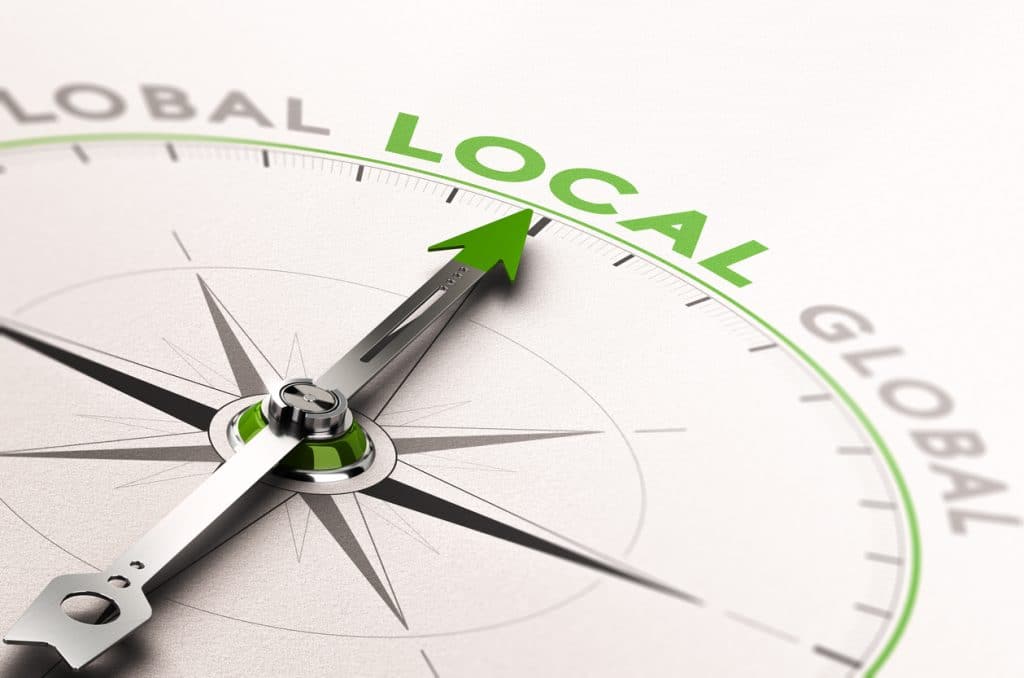
Search engine optimization (SEO) is essential to any successful digital marketing strategy for local businesses. It involves optimizing your website and online local presence to rank higher in search engine results, which can help attract more local customers to your business. However, many local business owners are uncertain of what SEO entails or how to implement it effectively. Here are the top 10 local SEO questions asked by small businesses, along with detailed answers to each.
Local SEO is the process of optimizing a website and online presence to appear in local search results. Local searches are important for businesses because it helps them reach potential customers who are searching for local products or services. By appearing in local search results, businesses can increase their online visibility and drive more traffic to their website.
The key elements of local SEO include optimizing the website and online presence for local keywords, creating and optimizing local business listings on search engines and directories, obtaining backlinks from reputable local sources, creating a linking strategy, and generating positive customer reviews.
Local businesses can optimize their website for local search by including location-based keywords in page titles, meta descriptions, and content. They should also include their NAP (name, address, phone number) information on every page and create location-specific landing pages to target specific geographic areas.
Local business listings are online directories that provide information about businesses, including their name, address, phone number, website, and hours of operation. These listings are important for SEO because they provide backlinks to the business website and improve the business's online visibility.
Backlinks are links from other websites that point to a business's website. These links are important for SEO because they signal to search engines that the business is reputable and trustworthy. Local businesses can obtain backlinks by creating high-quality content, contacting other local businesses or organizations for links, and participating in local events or sponsorships.
Online reviews play a significant role in local SEO because they signal to search engines and potential customers that the business is reputable and provides high-quality products or services. Local businesses should encourage customers to leave reviews on their website and other review platforms, respond to all reviews (both positive and negative), and address any customer complaints or issues.
Local businesses can use social media to improve their SEO by sharing content and engaging with their followers. This can lead to increased website traffic, backlinks, and social signals (likes, shares, and comments) that signal to search engines that the business is popular and relevant.
Mobile optimization is the process of optimizing a website for mobile devices such as smartphones and tablets. This is important for local SEO because a large percentage of local searches are performed on mobile devices. A mobile-optimized website provides a better user experience, which can lead to increased engagement and conversions.
Local link building is the process of obtaining backlinks from local sources such as local news outlets, blogs, and other businesses. Local businesses can implement this by reaching out to local sources and offering to contribute content or participate in local events or sponsorships.
Local businesses can measure the success of their SEO efforts by tracking metrics such as website traffic, keyword rankings, and online reviews. They can also use tools such as Google Analytics and Google Search Console to monitor their website's performance and identify areas for improvement.
If you’re unsure of the best ways to improve your local SEO, a digital marketing agency can help. Contact us to learn more about developing your strategy.